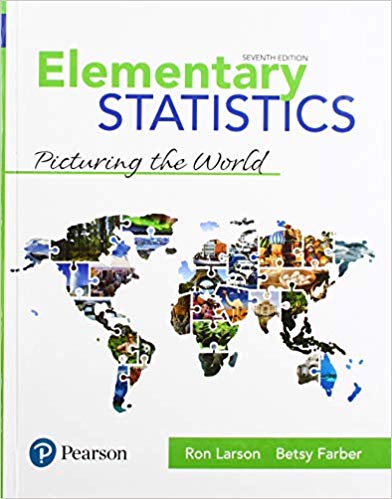Go back


Computational Intelligence Applications In Smart Grids Enabling Methodologies For Proactive And Self Organizing Power Systems(1st Edition)
Authors:
Ahmed F Zobaa ,Alfredo Vaccaro

Cover Type:Hardcover
Condition:Used
In Stock
Shipment time
Expected shipping within 2 DaysPopular items with books
Access to 30 Million+ solutions
Free ✝
Ask 50 Questions from expert
AI-Powered Answers
✝ 7 days-trial
Total Price:
$0
List Price: $98.00
Savings: $98(100%)
Solution Manual Includes
Access to 30 Million+ solutions
Ask 50 Questions from expert
AI-Powered Answers
24/7 Tutor Help
Detailed solutions for Computational Intelligence Applications In Smart Grids Enabling Methodologies For Proactive And Self Organizing Power Systems
Price:
$9.99
/month
Book details
ISBN: 1783265876, 978-1783265879
Book publisher: Icp
Get your hands on the best-selling book Computational Intelligence Applications In Smart Grids Enabling Methodologies For Proactive And Self Organizing Power Systems 1st Edition for free. Feed your curiosity and let your imagination soar with the best stories coming out to you without hefty price tags. Browse SolutionInn to discover a treasure trove of fiction and non-fiction books where every page leads the reader to an undiscovered world. Start your literary adventure right away and also enjoy free shipping of these complimentary books to your door.








